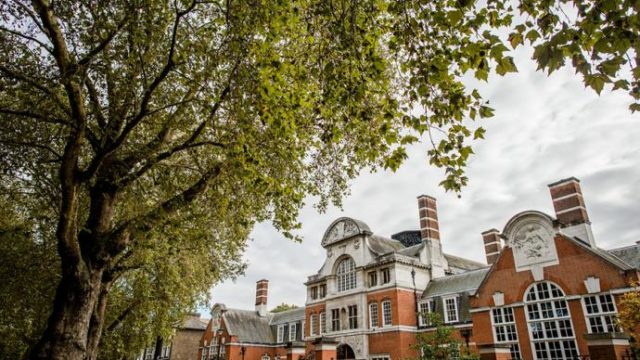iPaulina

Farage’s Revival: Reform UK
What does this relaunch mean for the Tories and the country?Nigel Farage has had a tumultuous week. The downfall of Trump has been jarring for him. From gushing speeches in Trump’s favour and a £10,000 bet that he would be re-elected, he was ‘absolutely optimistic’ that Biden would lose but has now been proven wrong. He is a pioneer of Brexit and an avid Eurosceptic and has recently announced that he will be relaunching the Brexit party into Reform UK (a new political party), to contest local elections next spring.
The party promises to focus on dealing with the government’s ‘woeful’ Covid response. Farage has stated that renewed lockdown would “result in more life-years lost than it hopes to save” and argued that “building immunity” would be more effective (despite criticising the government’s own alleged support for herd immunity in March). The party leader also said the UK should follow the great Barrington Declaration, which calls for “focused protection” for groups (e.g. the elderly) particularly vulnerable to Covid.
Several ministers scoff at Farage’s many comebacks: he has tried to relaunch the Brexit Party before. For example, even before the rolling out of the 2019 election results, he said he planned to change its name to the Reform Party, its aim being to abolish the House of Lords and overhaul the voting system, changing politics ‘for good.’
However, they must not be complacent; Farage has posed a threat to mainstream parties in the past, espousing populist views which have at times skewed and shifted the national debate. Firstly, as leader of UKIP, he fuelled Euroscepticism, compelling David Cameron to hold the 2016 Brexit referendum; then, when Theresa May’s controversial withdrawal agreement became stuck in Parliament, he launched the Brexit Party, which made sweeping gains across the country, winning 29 seats and swiftly overtaking the Tories in the polls.
But a question remains: why go for the relaunch now? The passionate anti-lockdown sentiment is only felt by a small minority – most polling indicates that efforts to restrict the spread of Covid are overwhelmingly supported by the public.
His actions may be viewed as purely opportunistic due to the government’s imposition of a second lockdown. Despite vowing to avoid one at all costs, Boris Johnson ripped up his regional approach strategy after a new document was published, showing that Covid infections and hospital admissions had surpassed the government scientific advisers’ worst-case scenario. However, on November 4, 34 Tories voted against the new restrictions, claiming they were a violation of civil liberties and would destroy thousands of jobs. Lockdown scepticism, although a minority pursuit, is growing – support has fallen from 93% of voters in March to 72% now.
Although Boris Johnson attempts to find some middle ground between lockdown advocates and sceptics, there is a risk that he will end up disappointing both sides. If this occurs, Farage stands poised, as he has before, with an alternative view he will have no qualms in expressing.
Tanya VI







